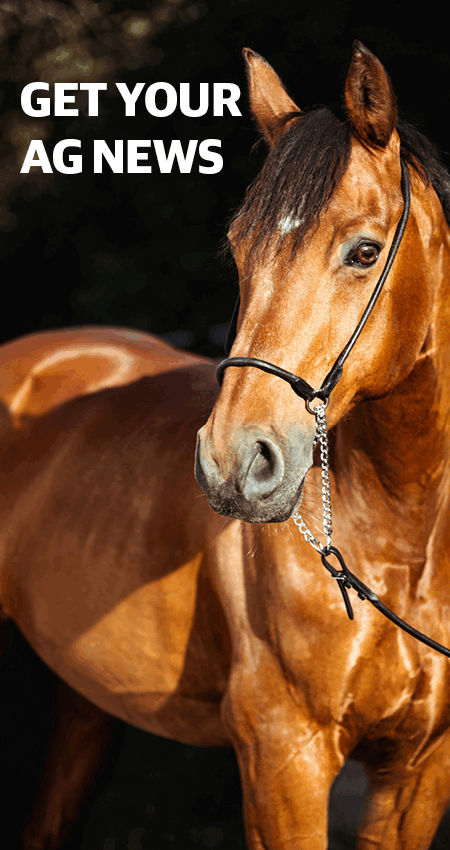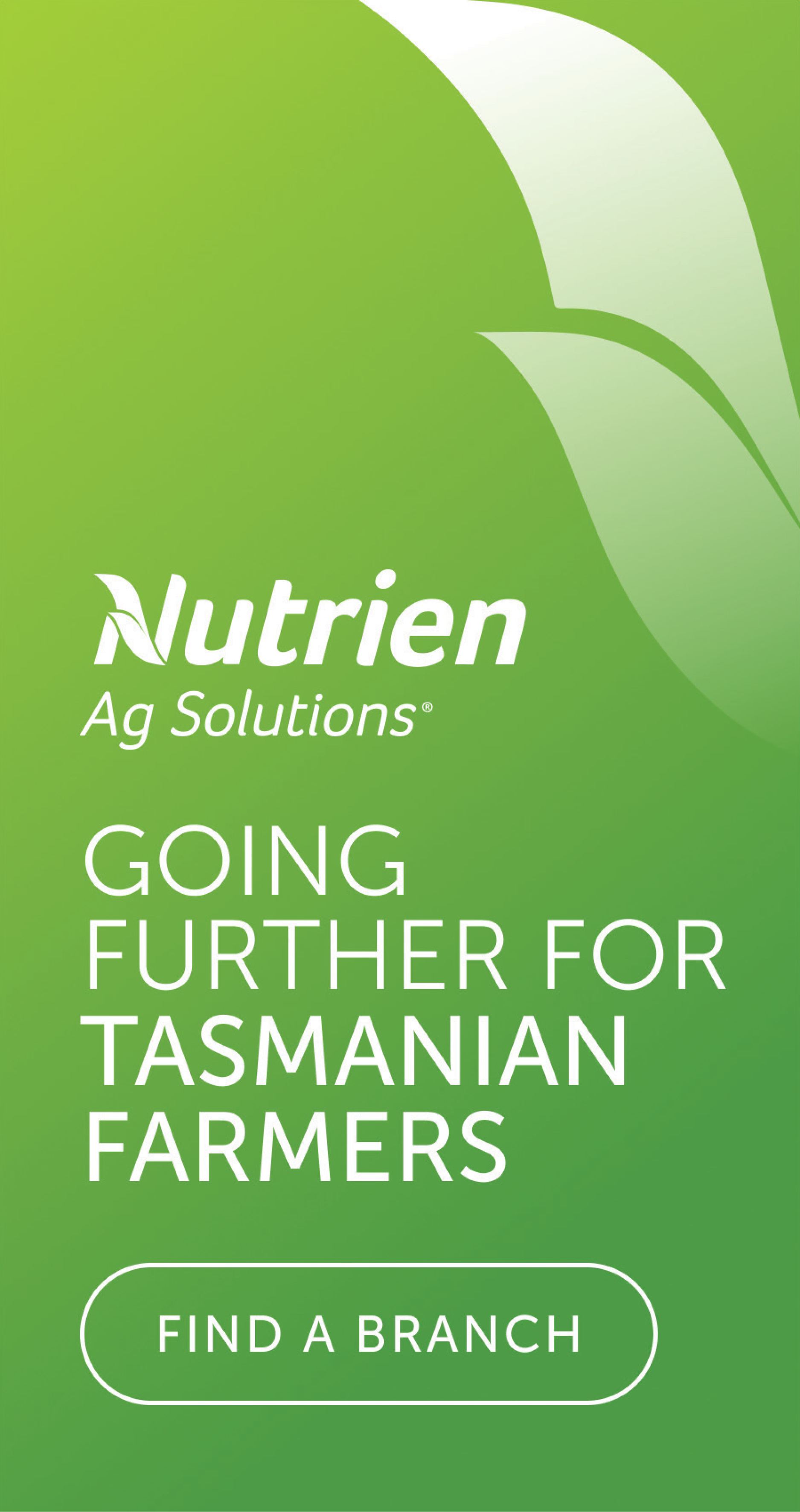TasFarmers Matters - End the state's deer delusion

WE often hear urgent calls to protect our native flora and fauna from invasive species.
But one call continues to go unanswered: the need to address the fallow deer crisis now ravaging the Tasmanian landscape.
Tasmanian farmers are on the front lines, hosting and feeding an invasive species that, paradoxically, enjoys partial protection under state legislation, largely for the benefit of a shrinking constituency.
Many farmers are also hunters, and we continue to support their rights.
But it’s now clear that, for the greater good and as custodians of the land who bear the majority of the cost, we must unite around a common goal, the effective control of deer.
We cannot maintain the status quo as the population isn’t confined geographically or by small numbers.
The rural community can no longer support the economic benefits of minor commercial operators or outsiders engaging in trophy hunting.
We’ve all heard the stories of carcasses left to rot, deer shot, taken illegally and opportunistically, reduced to nothing more than a trophy.
This is not the ethic of the farmer-hunter.
Worse still, our outdated laws prohibit the processing and sale of deer meat, compounding the waste.
This is a missed opportunity.
Small commercial operations stand to benefit from scaling up to process wild meat are currently held back.
It’s time to reject the zero-sum narrative pushed by a few and open the market to broader competition, allowing for greater opportunities to utilise this resource.
We must not squander this precious, highly sought-after protein source.
Reforming outdated, restrictive laws would allow deer meat to feed those in need, support households battling the cost-of-living crisis, and feature on the menus of our finest restaurants.
These laws, long outdated, now serve only the smallest and loudest minority.
That same minority now poses the greatest risk to the state’s productivity and biosecurity.
The government has just invested heavily over the past 18 months and invested significant taxpayer funds into rolling out electronic identification tags for livestock, a move to manage potential outbreaks like foot and mouth disease.
Yet there are potentially more than 150,000 deer roaming freely across national parks, state-owned land and private farms.
Deer move across long distances, jump fences at will, and pose a clear risk as disease vectors.
What is the government doing to manage the risk of uncontrolled spread of any outbreak posed by untagged deer capable of moving across the rural landscape?
We need leadership from the next Tasmanian government; whoever that is will need to act swiftly once elected with coordinated legislation and policy to halt this alien invasion and reduce the deer population significantly.
Our economy, our environment, and our future demand no less.




Add new comment
Comments
Load of shit
Easy way to fix this is open stag season for 12 months straight with no tag limits and more places to shoot and it will slow them down this shooting them from helicopter and wasting meat is a joke let people take them home to give to there family
Proposed changes?
Tim, what changes do you propose? We already have an ongoing trial of wild harvested venison, which is being sold in most supermarkets across Tasmania. Abattoirs wishing to process wild deer are required to get a license from NRE and demonstrate they are properly equipped to test the carcass health and suitability as food. What would you change to get more people eating the deer?
Deer meat processing
It just seems like common sense to process the meat and hides to most people. Only the powers that be can’t see it, or they have an alternate agenda!
Deer
If they want to deer to go away let the hunters that don’t have any property shoot them for meat
TasFarmers Matters - End the state's deer delusion
I hear this BS all the time…. I have personally approached many farmers with excellent credentials to help with controlling Deer numbers and at no cost to the farmer and on a regular basis to suit and support the farmers needs…. but either been told flat out no or given an alternative to pay for a small timeframe with no guarantees of picking up Deer but that’s not the best. They then have the audacity to ask you whether you’ve got a trade and would you be willing to work at least four weekends in a year with your skills…I find this just a money grab and then have to listen to the BS about farmers wanting to get numbers down, sorry to say it’s all to do with lining their pockets. Peter Murphy
Feral Deer
I have been asking politicians for some time now "If there is such a big problem with feral deer - Why do we still have a season on them"
It's not rocket science.
The state needs to look at how other countries across the world manage deer populations - I'm talking more the UK than America though. Scotland has massive issues at the moment with deer and woodland and many estates across the UK manage healthy deer populations with managed culling taken on by qualified and experienced deer stalkers. The solution isn't to create a hunting free for all and allow anyone to show up with any weapon, at any time and take a deer - likely causing injury to themselves or the animal. Seasons are essential for ethical hunting, experience and qualification are important for quality control and animal welfare and identification of sickness etc. 100% the meat should be used and sold, which should cover the cost of the culling. This is not difficult; there are so many communities managing their deer populations incredibly well and reducing the impact on the crops and woodlands, no need to reinvent the wheel here - just ask the people who have done this before with great success and are passionate about deer management.
A Personal UK Perspective
I can see this is a problem that stretches across the globe.
I am a UK deer manager that with two others culled over 650 Fallow from an estate in southern England last season and offer my own perspective on what seems to be a common problem.
1. You will find it difficult to solve the problem with recreational stalkers. The level of skill and commitment required to achieve big culls is rarely found in the sporting community. It requires long hours. I stalk 6 days a week during the season.
2. This level of commitment needs to be paid for. This can be a combination of meat value and grant funding. The powers that be (government, environmental bodies etc) need to accept the necessity for deer management and they need accept that it needs to be paid for.
In Nature Scotland mandate that landowners have a responsibility to manage deer and have the right to enter land to conduct culls if not achieved. The landowner is billed for this cull.
3. Meat needs to be given value. There are a number of initiatives going on here to enhance a valuable resource. Supply to schools, prisons, military facilities etc. Venison marketing to show it as the healthiest red meat option
4. To ensure that it is healthy personnel need to be trained/licenced to inspect and process it in approved/licenced facilities with appropriate checks (vet inspections) in place. This training needs to also include training in culling. This is not a big deal and can be achieved in a few days.
5. Seasons - No seasons will not solve the problem. The are there to protect animal welfare (protection of dependent fawns) but extending/abolishing the male season will all deer managers to concentrate on females when they are in season
As I mentioned in the title. This is a personal perspective that might offer points to consider in your debate.
Terry Cooper